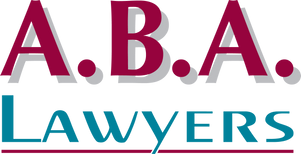Also known as ADR
Alternative Dispute Resolution (ADR) refers to a range of services that are available to parties as an alternative to going to court to resolve their personal, financial or child related disputes. ADR includes counselling, mediation, family dispute resolution, arbitration, conciliation, negotiation, collaboration and mediation style conferencing.
Generally, the discussions of the parties in ADR are made without prejudice and are privileged communications that cannot be used subsequently by either party in the court proceedings, subject to very limited circumstances.
The benefits of parties engaging in ADR to resolve their dispute are numerous. Parties are able to settle their disputes on their own terms, and this often brings a great feeling of relief. ADR is able to proceed in a timely manner and is more cost-effective than going to court. Many cases are resolved by using ADR.
Each case however is different, and the appropriate type of ADR for each case will be different. It will depend on the complexity of the problems and on the attitudes and conduct displayed by the parties to date and their willingness to engage in an open and frank way manner to resolve their family law matters.
In some case there may disadvantages in using some methods of ADR especially in cases where one of the parties does not intend to compromise, when it is a complex case or where there is a power imbalance between the parties.
When being consulted, Family Lawyers are required to provide clients with information about the non-court-based family services and courts processes and services.
